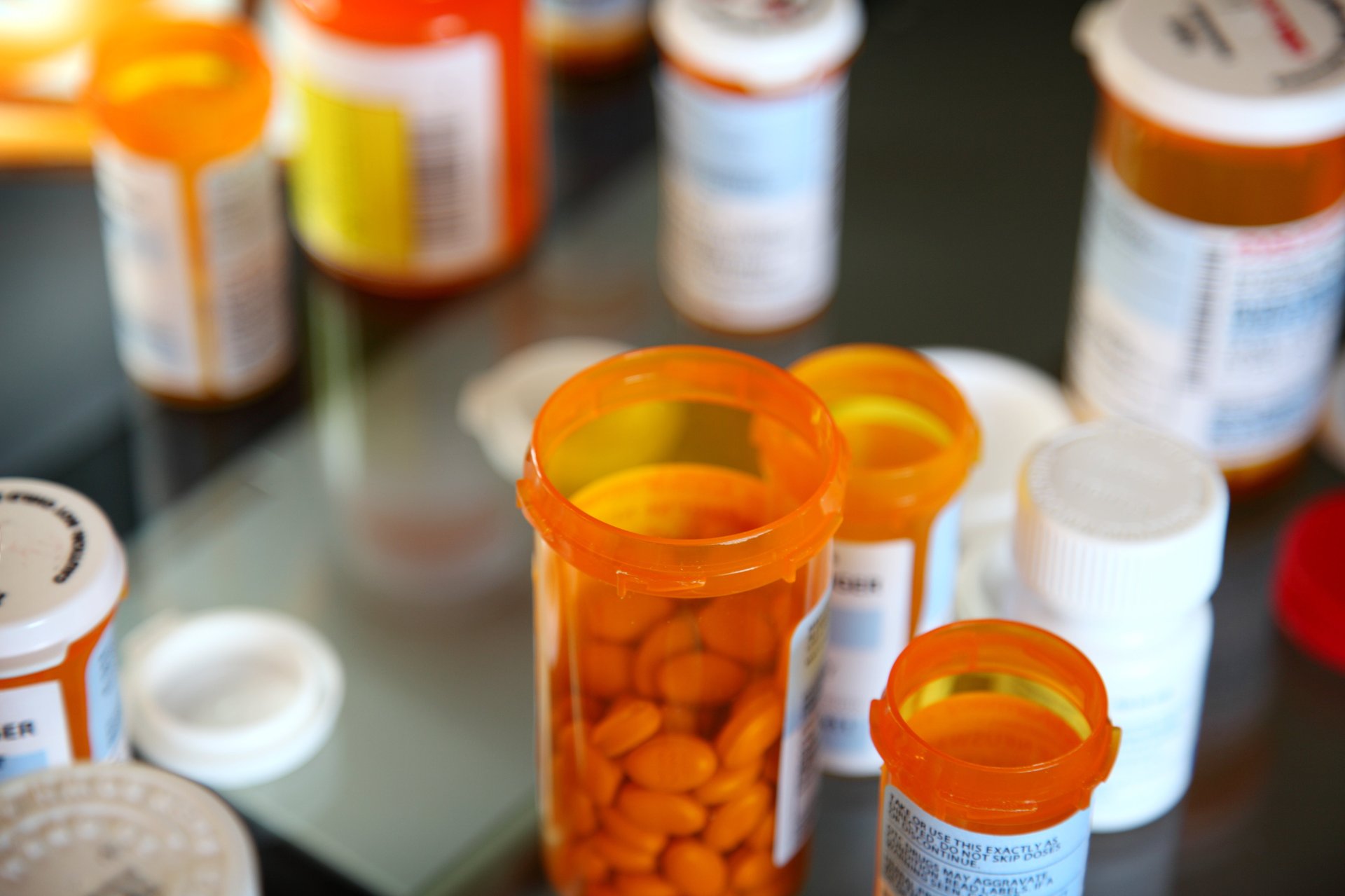The U.S. is fighting high drug prices. Big Pharma isn't sweating — yet
Federal agencies are trying to bring down drug costs by promoting competition and negotiating prices with manufacturers

A key goal of the Biden administration has been to rein in healthcare costs. As the administration nears the end of its of its first term, Quartz talked to experts, industry analysts, and a government regulator to see how the industry has responded to federal policies to date — especially those aiming to drive down drug prices.
Suggested Reading
One of the most direct challenges to drug prices has been the Federal Trade Commission’s (FTC) crackdown on improper drug patent listings. And later this year, the Centers for Medicare and Medicaid Services (CMS) is set to announce the price for the first ten drugs participating in Medicare negotiations. Both have had varying responses from the industry.
Related Content
Late last year, the administration directed the FTC, the Department of Justice (DOJ), and the Department of Health and Human Services (HHS) to work together to combat high health care and drug costs, as well as promote competition in the industry.
“We have all been working very closely together among the agencies to come up with different ways to combine our respective tools to lower prices for Americans,” an FTC official who asked not to be named told Quartz.
According to the official, a lot of this work involves the agencies comparing data and tools to beef up enforcement of existing rules. For example, as part of an initiative to scrutinize the scale at which private-equity firms consolidate healthcare companies, the FTC is using CMS data to identify transactions that otherwise would not have been reported to antitrust regulators. This heightened scrutiny seems to have the intended effect so far this year, with private equity acquisitions in the health care sector sharply down.
FTC challenges junk drug patent listings
In May, the FTC, for the second time in two years, disputed hundreds of “junk” patents listed in the Food and Drug Administration’s (FDA) Orange Book, a list of FDA-approved drugs.
The FTC argued that improper or inaccurate listings in the Orange Book can delay more affordable generic and biosimilar alternatives from entering the market, resulting in artificially high drug prices.
“The empirical evidence shows that generic entry really significantly lowers costs for Americans on critical drugs,” the FTC official said.
The agency was strategic about which patent listings it challenged. In the first round in 2023, the commission disputed listings for asthma and inhaler medications with underlying patents that had expired years ago.
“Those are places where improper Orange Book junk listings stood in the way of immediate and free of generic competition,” the official said.
As a result, Kaleo Inc, Impax Labs, GlaxoSmithKline (GSK), and Glaxo Group all delisted patents in response. In addition, AstraZeneca, Boehringer Ingelheim, and GSK committed to keep out-of-pocket costs for their inhalers at $35.
In the second round of challenges in May, the commission challenged secondary patents for diabetes, weight loss and other asthma medications, including Novo Nordisk’s popular Ozempic. This was done so that generics for these medications, whose patents are set to expire in a few years, can start planning ahead of time and enter the market as soon as possible.
Melissa Wasserman, a professor at the University of Texas, Austin who researches drug patent law, said this is a positive development. “Those patents that are listed in the Orange Book can have a blocking effect,” Wasserman said. “You, as a generic, can’t come on until you basically deal with every patent that’s listed in the Orange Book for that drug.”
Medicare price negotiations are an even bigger threat to pharma
The federal government is set to make an more direct challenge against high drug prices later this year when CMS finalizes talks with drug makers selected for its first round of Medicare price negotiations.
The Inflation Reduction Act that was approved by Congress in 2022 allows for CMS to negotiate the price for brand name drugs that make up the most of Medicare’s prescription drug spending.
The prices for the first 10 drugs undergoing negotiations are expected to be set by this August, with the negotiated prices taking effect in 2026.
Analysts said that the industry is even more uneasy about this policy than the FTC’s challenge of junk drug patents.
Under the program, small molecule drugs become eligible for negotiations nine years after they’ve been on the market, while large molecule biologics become eligible after 13 years.
“Medicare price negotiations will have a bigger impact than the FTC challenges,” said Mike Perrone, a biotech specialist at healthcare management consulting firm Baird. “The Inflation Reduction Act is a new way in which drug prices are going to be pressured earlier than they would be from just generic competition.”
Matt Phipps, a biotech analyst at investment bank William Blair, echoed Perrone’s sentiment. He said junk patents might not matter anymore if drug companies start seeing pressure from CMS “before there is even biosimilar or generic competition.”
While Phipps said the Inflation Reduction Act is clearly not a positive for the industry, its actual impact on drug sales remains to be seen. He expects the price cuts to be aggressive in the first round, especially during an election year when the administration would like to claim a victory.
“It is something that’s kind of accepted at this point,” Phipps said.
Still, he said that a 10% cut from a drug’s list price may not be that impactful since drug makers already offer Medicare discounts and rebates.